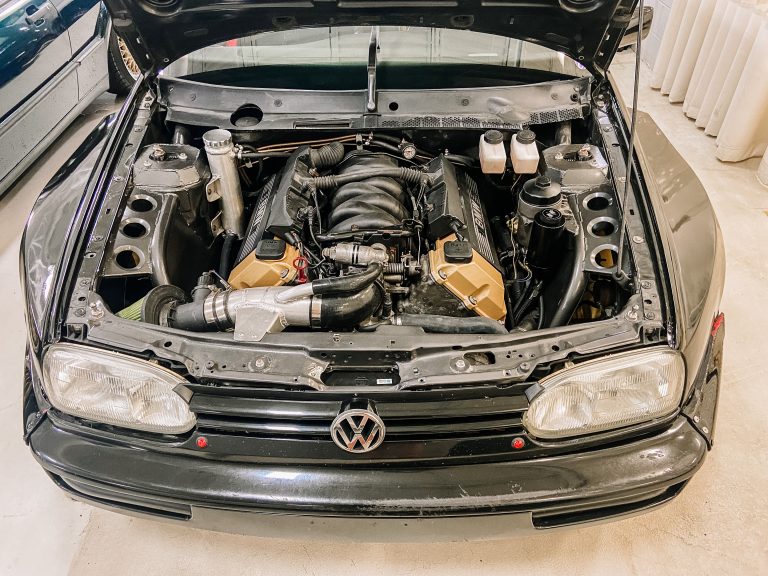Car electrical problems can be frustrating and daunting, especially for those who are not familiar with automotive wiring and electronics. However, with the right approach and some basic knowledge, many electrical issues in a car can be diagnosed and fixed without the need for professional help. In this guide, we will discuss some common car electrical problems and how to troubleshoot and fix them.
Common Car Electrical Problems
Before diving into the troubleshooting process, it’s important to understand some of the common electrical problems that car owners may encounter:
- Dead battery
- Blown fuses
- Faulty wiring
- Failed alternator
- Defective starter motor
- Malfunctioning lights
Diagnosing Car Electrical Problems
When facing electrical issues in a car, the first step is to systematically diagnose the problem to identify the root cause. Here are some steps to follow when diagnosing car electrical problems:
- Check the Battery: Start by checking the battery voltage using a multimeter. A healthy battery should have a voltage reading of around 12.6 volts when the car is turned off.
- Inspect the Fuses: Check all the fuses in the fuse box to see if any of them are blown. Replace any blown fuses with the correct amperage rating.
- Test the Alternator: If the battery is not charging properly, the alternator may be faulty. Use a multimeter to test the output voltage of the alternator.
- Examine the Wiring: Inspect the wiring harness for any visible damage or loose connections. Corrosion or frayed wires can often cause electrical issues.
- Check the Lights: If certain lights are not working, such as the headlights or taillights, check the bulbs and the wiring connections.
Fixing Car Electrical Problems
Once the problem has been identified, it’s time to fix the car electrical issue. The solutions may vary depending on the specific problem, but here are some general tips for fixing common car electrical problems:
| Issue | Fix |
|---|---|
| Dead Battery | Recharge the battery or replace it if it’s old and no longer holds a charge. |
| Blown Fuses | Locate the faulty fuse, remove it, and replace it with a new fuse of the same amperage rating. |
| Faulty Wiring | Repair or replace the damaged wiring or connectors. Use electrical tape or soldering for secure connections. |
| Failed Alternator | Replace the alternator if it’s not outputting the correct voltage to charge the battery. |
| Defective Starter Motor | Replace the starter motor if it’s no longer engaging or turning over the engine. |
| Malfunctioning Lights | Replace the bulbs and check the wiring connections for any issues. |
When to Seek Professional Help
While many car electrical problems can be tackled by DIY enthusiasts, there are certain situations where it’s best to seek the expertise of a professional auto electrician. Here are some instances where professional help may be necessary:
- Complex wiring issues that require specialized equipment and knowledge
- Advanced electronic system diagnostics and repairs
- Safety-critical components such as airbag systems or ABS modules
- Warranty-covered repairs to avoid voiding manufacturer warranties
It’s important to prioritize safety when working on car electrical systems, and if in doubt, it’s always best to consult a qualified automotive electrician or mechanic.

Credit: www.rac.co.uk
Conclusion
Car electrical problems can range from simple fixes like replacing a blown fuse to more complex issues involving wiring and electronic components. By following the proper diagnostic steps and employing basic repair techniques, many car owners can successfully resolve common electrical problems in their vehicles. However, when in doubt or when dealing with advanced electrical systems, it’s advisable to seek professional assistance to ensure the safety and integrity of the vehicle’s electrical system.





